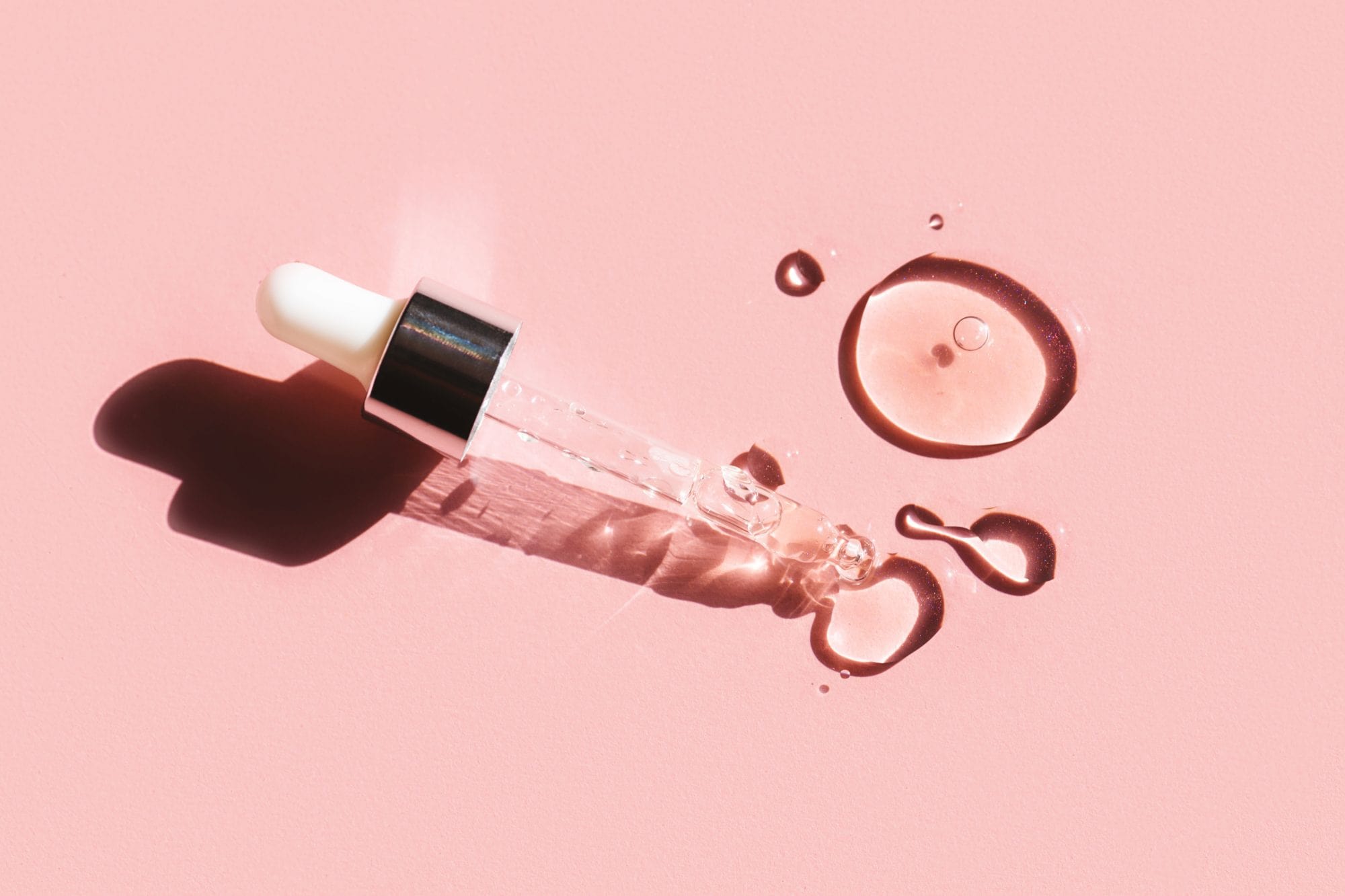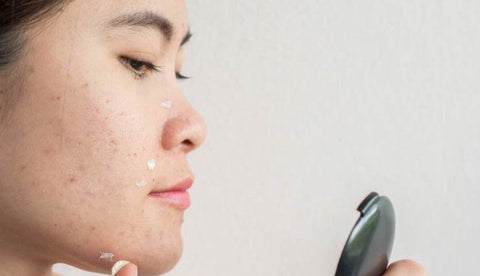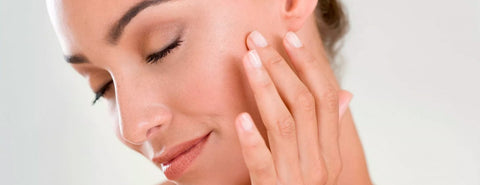
Actives: The Key to Foolproof Skincare
If you’ve ever felt dissatisfied with your foolproof skincare, you’re not alone.
In the beauty industry, all too many beauty brands offer products at exorbitant prices--the kinds in beautiful packaging with big promises.
And yet, the most they end up doing is add another pretty jar to your bathroom sink.
And the fact of the matter is this: good skincare has nothing to do with how many dollars you dropped on it.
This is because when it comes to foolproof skincare, formulas are everything!
While formulas consist of multiple complexities, let's focus on one of their most crucial features: actives.
What Are Actives?
So you may now be wondering: what exactly are actives?
Actives, proven to transform skin at a cellular level, renew, repair, protect, and hydrate from the cellular level.
Actives are natural ingredients, which means we find them already occurring in nature--most often from plants.
Fortunately, all our favorite actives are plant-based!
Niacinamide
Also referred to as nicotinamide or vitamin B3, niacinamide is an active that works to visibly diminish the appearance of large pores, smooth out skin texture, polish up dullness, and soften fine lines and wrinkles.
As a water-soluble vitamin, niacinamide works with the natural substances in your skin, making it less likely to cause a reaction or any kind of irritation.
Niacinamide also works wonders for the skin by repairing damage and improving the barrier, which shields the skin from environmental damage, so that your skin stays more radiant over time.
Alpha-Hydroxy Acids
AHAs are short for “alpha-hydroxy acids,” and come from plant sources like sugar cane, tomatoes, and pineapple, and come in the form of a few different ingredients, like malic acid and glycolic acid.
AHAs have a number of benefits, but they may be most noted for their exfoliating properties, which means that they’re exceptionally good at sloughing off dead skin cells by dissolving the retained bonds underneath. This helps reveal skin that’s soft and glowing, making them especially useful for those with dry skin and hyperpigmentation.
Because of their exfoliating nature, it’s usually best to only use them about 2-3 times a week, and as is the case with all skincare, make sure to wear SPF during the day.
AHAs also pair well with our next active: BHAs.
Beta-Hydroxy Acids
BHAs, also known as “beta-hydroxy acids,” are exceptional especially for the purpose of fighting acne. In fact, you may be familiar with one of the most popular BHAs: salicylic acid!
BHAs penetrate pores, binding with sebum and bacteria, reducing clogs, blemishes, blackheads, and acne.
BHAs are most fit for normal to oily skin types, but they’re also allowable for those with sensitive skin due to their gently exfoliating properties.
When using BHAs, like AHAs, apply SPF during the day and limit usage to once every 7-10 days.

Retinol
Retinol, also known as “vitamin A,” is one of the actives most associated with anti-aging because of its ability to encourage skin cell renewal, it’s highly regarded as a powerful acne fighter.
It has various forms: OTC like Retinol, Retinal, Retinoid, and Retinaldehyde, and stronger advice like Adapalene, Retin-A, and Tretinoin.
As a powerful ingredient, it’s important to understand that retinol can come with some side effects like irritation and sensitivity. By taking specific care, you can reduce or avoid these side effects. Following up with a moisturizer is key, as retinol can cause some drying. And because it can cause photosensitivity, (once again) using SPF during the daytime is always encouraged when using retinol.
For retinol starter, start slowly, using it once a week to assess your skin's response. Over time, you can work up to using retinol for your skin up to three times per week.
Vitamin C
As another anti-aging ingredient, vitamin C has a reputation as the active that’ll give your skin an instant glow.
Vitamin C boosts collagen and elastin production for firm, elastic skin.
Vitamin C reduces sunspots, dark circles, fine lines, and wrinkles, for daily or other use.
It also comes in many forms, but L-ascorbic acid is best avoided. Purest vitamin C: potent but unstable when opened.






